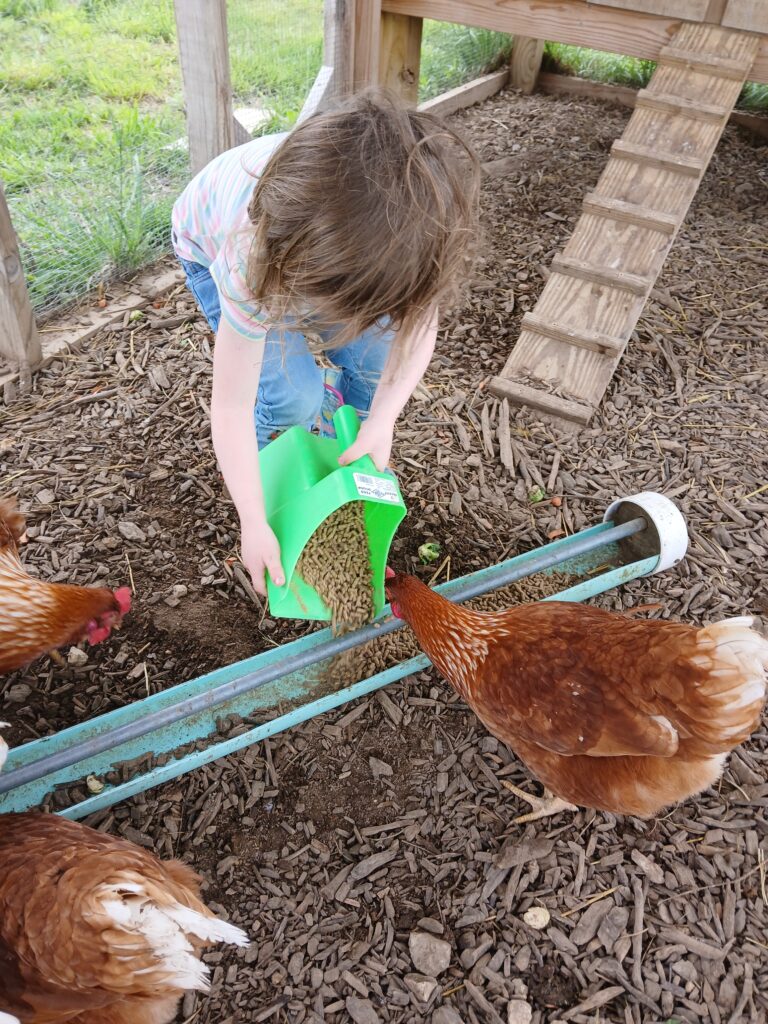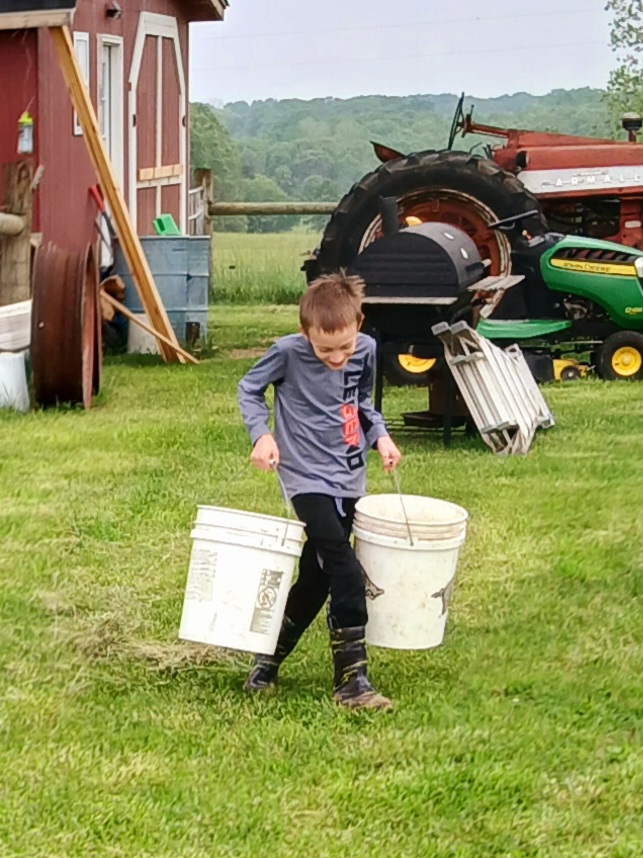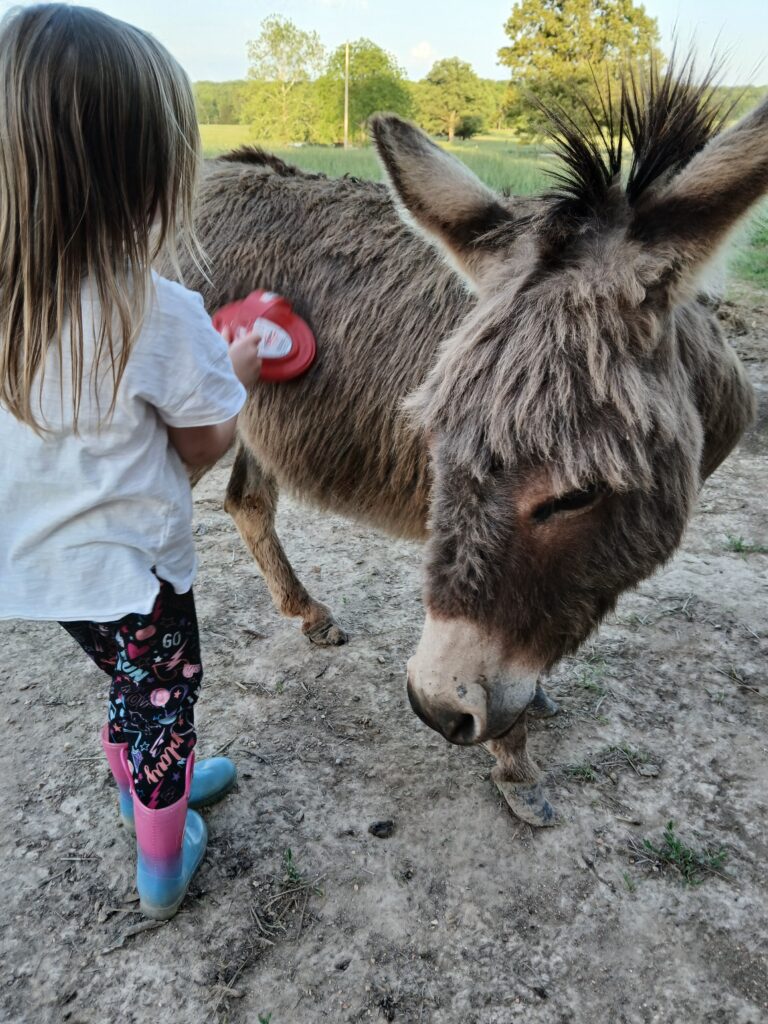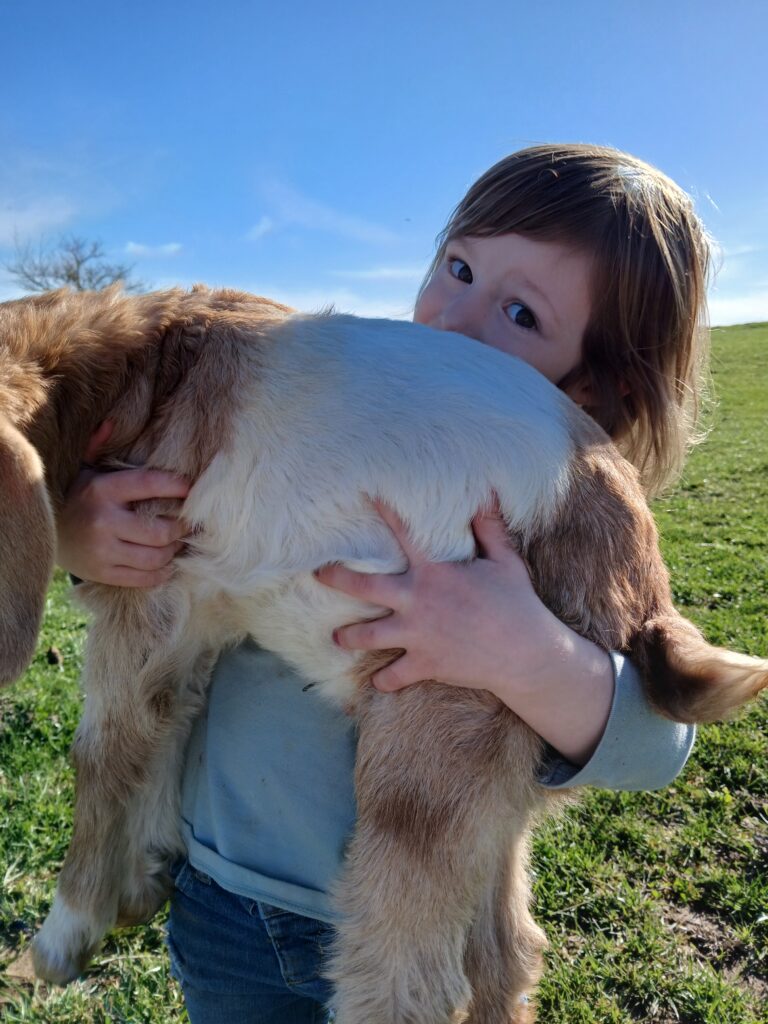Dreams die with unrealistic expectations
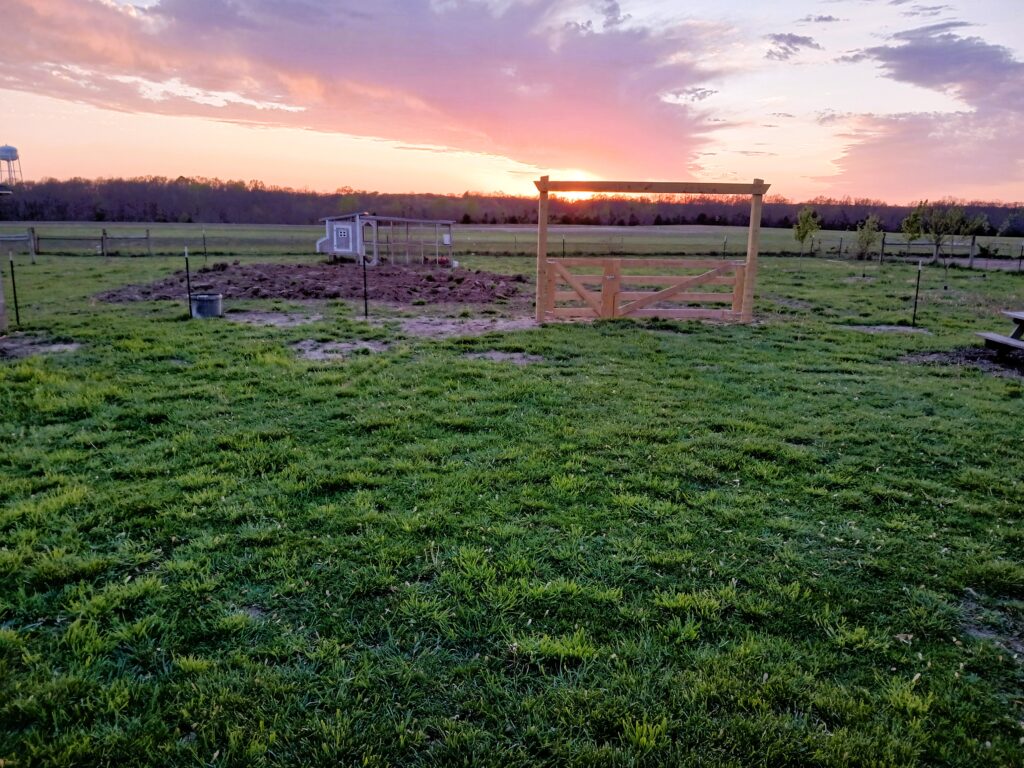
With any business, and farming is a business, it takes time to actually start making money. I’m not talking about income or revenue, I’m talking about a profit, after all the bills are paid. In this post, I’ll go over some hard truths for beginning farmers.
Overnight success isn’t realistic for multiple reasons.
Unless you have something that is far superior in quality and much, much more desirable than anything else on the market, you’re going to have to work for every sale and that takes time.
Overnight success also cheats you of the opportunity to learn what you’re doing. You’re going to mess up, it’s just a fact. With success comes expectation and making mistakes in front of a large group of customers that perceive you as being more than what you are can kill your business. As much as we hate to wait, it’s usually better to go slow.
I’m like a lot of other people, when I’m thinking about the potential of a new venture, I tend to look at it with rose colored glasses.
However, if I don’t force myself back down to earth, from time to time, I’m only going to be setting myself up for failure.
It’s very important that you consider every possible problem that you could encounter, regardless of how remote it may or may not be.
I can tell you this, I never expected the pandemic in 2020 to affect custom processors the way that it did. In my area, we went from being able to book processing dates with about a week lead time to 6 months or a year. It’s really hard to sell a group of butcher hogs that you can’t get a processing date for.
Having to keep feeding those pigs for even a couple months longer than expected can put you in the red very, very quickly.
That was obviously an extreme situation, but the point remains, it’s important to make realistic plans and have realistic expectations.
An example that isn’t all that extreme is that in some location’s processors will stop taking orders during deer season because that’s one of the busiest times of the year and they’re getting folks just coming by and dropping off their harvest. That might not be something that you might think of when you’re making plans, but it’s one of those small things that can make a difference to your bottom line if you’re not thinking ahead.
Abnormal is normal, average is rare.
Planning is very important to farmers. The problem is that seasons are rarely consistent. Seasonal averages are not something that you should expect in terms of rainfall, temperature, yields, or anything else for that matter.
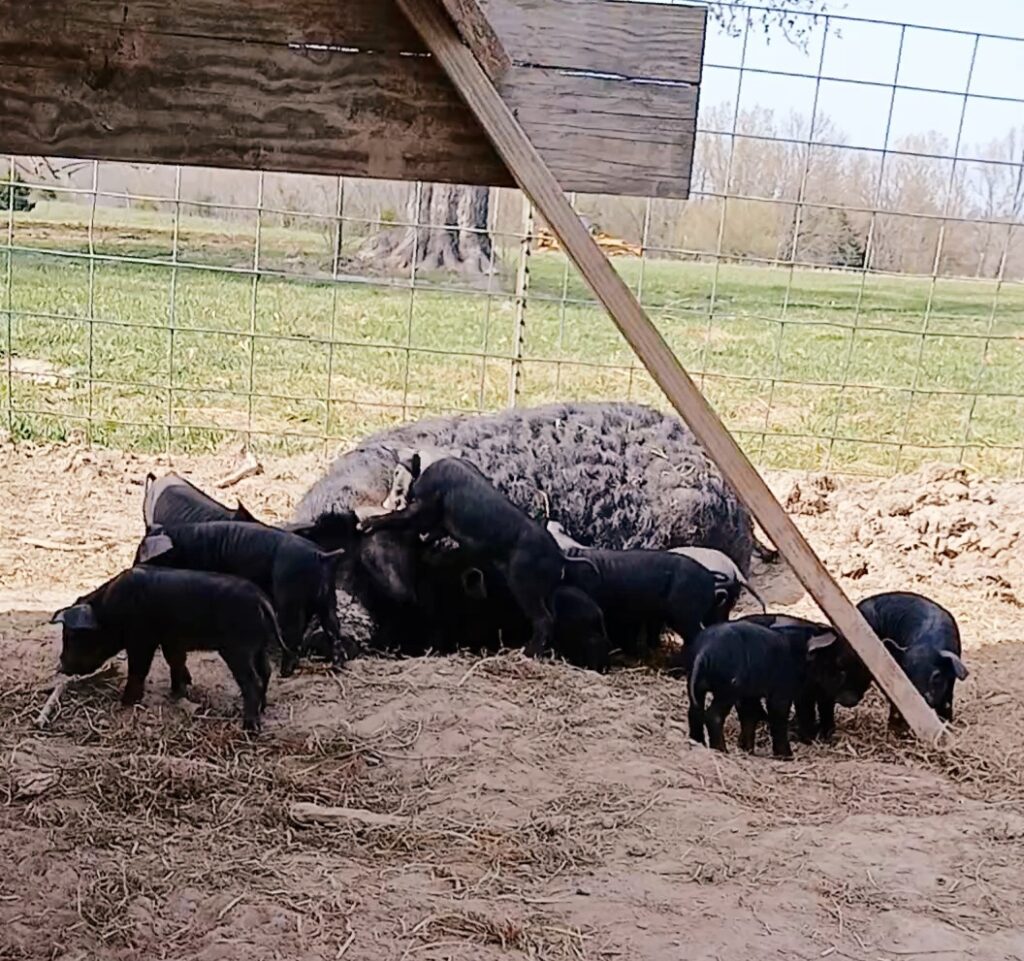
For instance, earlier this year one of my sows gave birth to 14 live piglets. Just a few hours later, she only had 3. That was her second litter. The first litter she had 10 and weaned 4. After all of the time and money I put into raising her to be a brood sow, she just wasn’t a good mother. She’s no longer on the farm.
Another example, 2 years ago I was grazing stockpiled grass on New Years Day. Last year I was feeding hay in October and I barely made it through the winter with what I had. If I’d miscalculated my hay needs by even 2 or 3 bales, I would have been scrambling to get by when there just wasn’t much available.
Those are just 2 basic examples of how quickly things can turn for or against you. You always have be prepared for surprises.
“Farmers” are usually broke
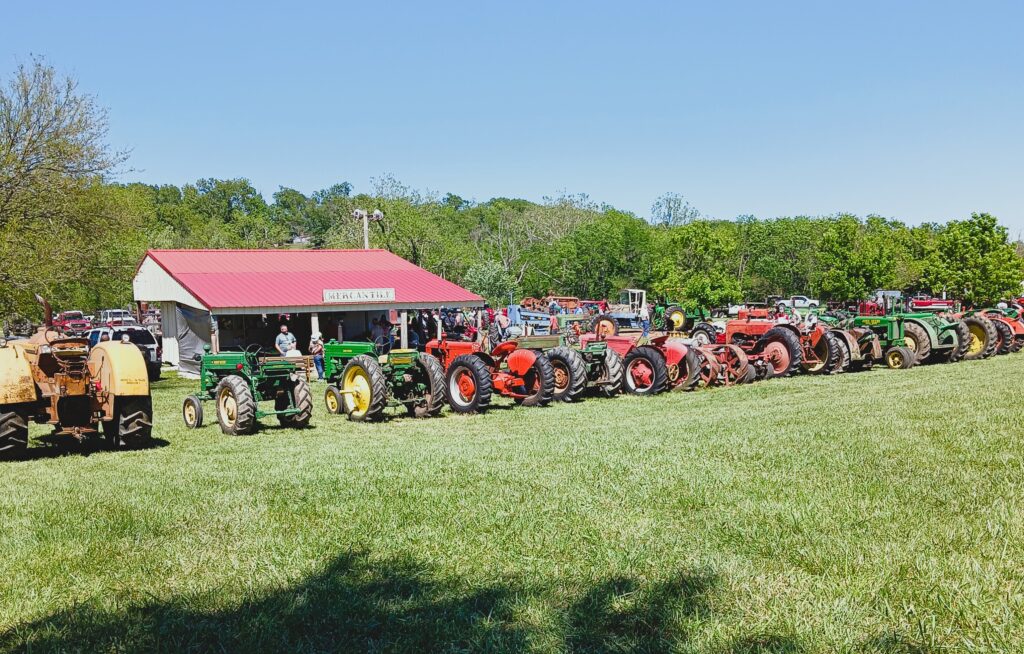
I got a comment on a video recently that made me bristle a bit when I first read it. However, when I actually thought about it, it was 100% true.
Here’s the comment, “@brandonboatman1382: I would advise not to get your hopes up on making a profit and not to invest a lot of money into farming. Honestly forget about being a farmer all together because farmers are broke, but salesmen and marketers are successful. I can produce top quality food easy enough and so can everyone else, but I can’t sell water to a dying man in the desert, so I’ve not been able to earn a dime by farming. Be a good salesman and maybe you can figure it out”.
Now, I’m sure you can see why I would initially bristle at such a comment, but the point still remains. You have to be willing to wear multiple hats. Then, if one doesn’t fit, you better be willing to find some help.
If you’re operating with a “field of dreams” strategy, you know, “if you build it they will come,” you’re going to go broke. The commenter was right, you have to be able to develop your market and sell your products. If you don’t want to be a marketer or a salesman, you’re either going to have to be willing to ask for help or use more traditional markets, like auctions and just accept that you’re not going to make as much money.
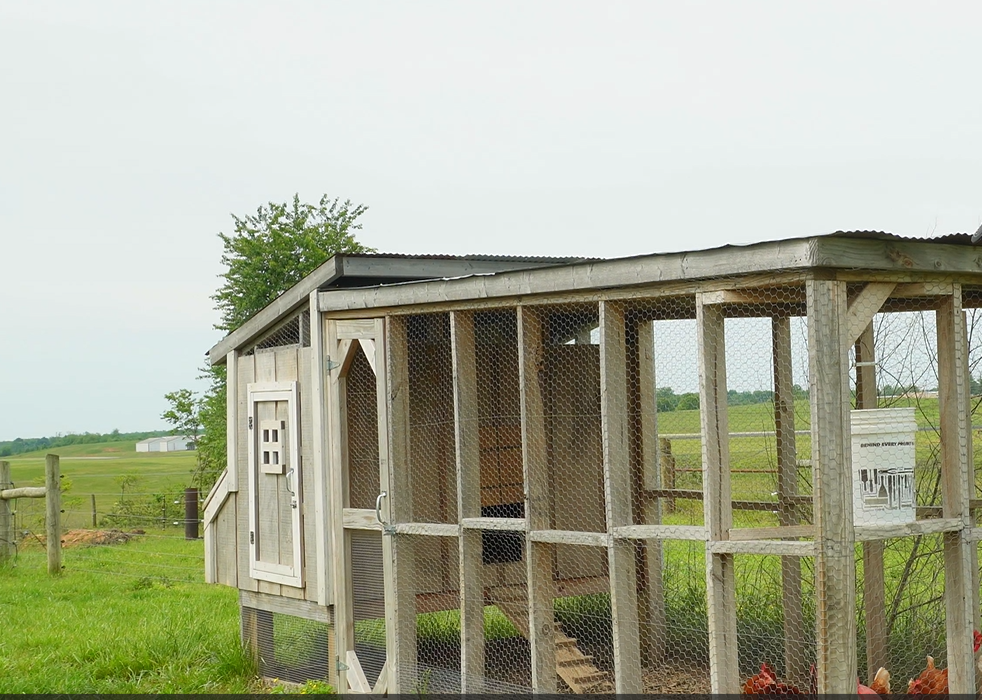
This same thought extends to other parts of the farming operation as well. The most profitable producers can do multiple things. They can…
Repair their own equipment, at least when it comes to minor repairs.
Diagnose illness and administer medications.
Build barns, corals, and fences
They’re inventors, fabricators, and agronomists.
I think you get the point.
The more skills you can develop, the better off you’ll be. And I want you to pay attention to that word I used, “develop.” If you’re willing to learn, you can do just about anything you want. I’m sure if you went back 20 years and told 18 year old me that I was going to be doing some of the things that I am today, I probably would have been shocked.
Now, I don’t want you to get the idea that you have to do it all alone to be successful, that’s not the case at all. In fact, it’s important to try to spread out some of the responsibilities on your farm, if you have someone to share them with.
If you have children that are interested in a certain aspect of your farm, make them responsible for some part of it. My children are still fairly young, but I can tell you that I rely on them to keep up with all of the goat kids. They can tell me which kid belongs to which nanny and when a nanny looks like she might be getting ready to kid.
As my children grow, you can bet I’m going to give them more responsibility when it comes to the care of those animals.
It’s ok to rely on family, friends, and neighbors when you need to.
